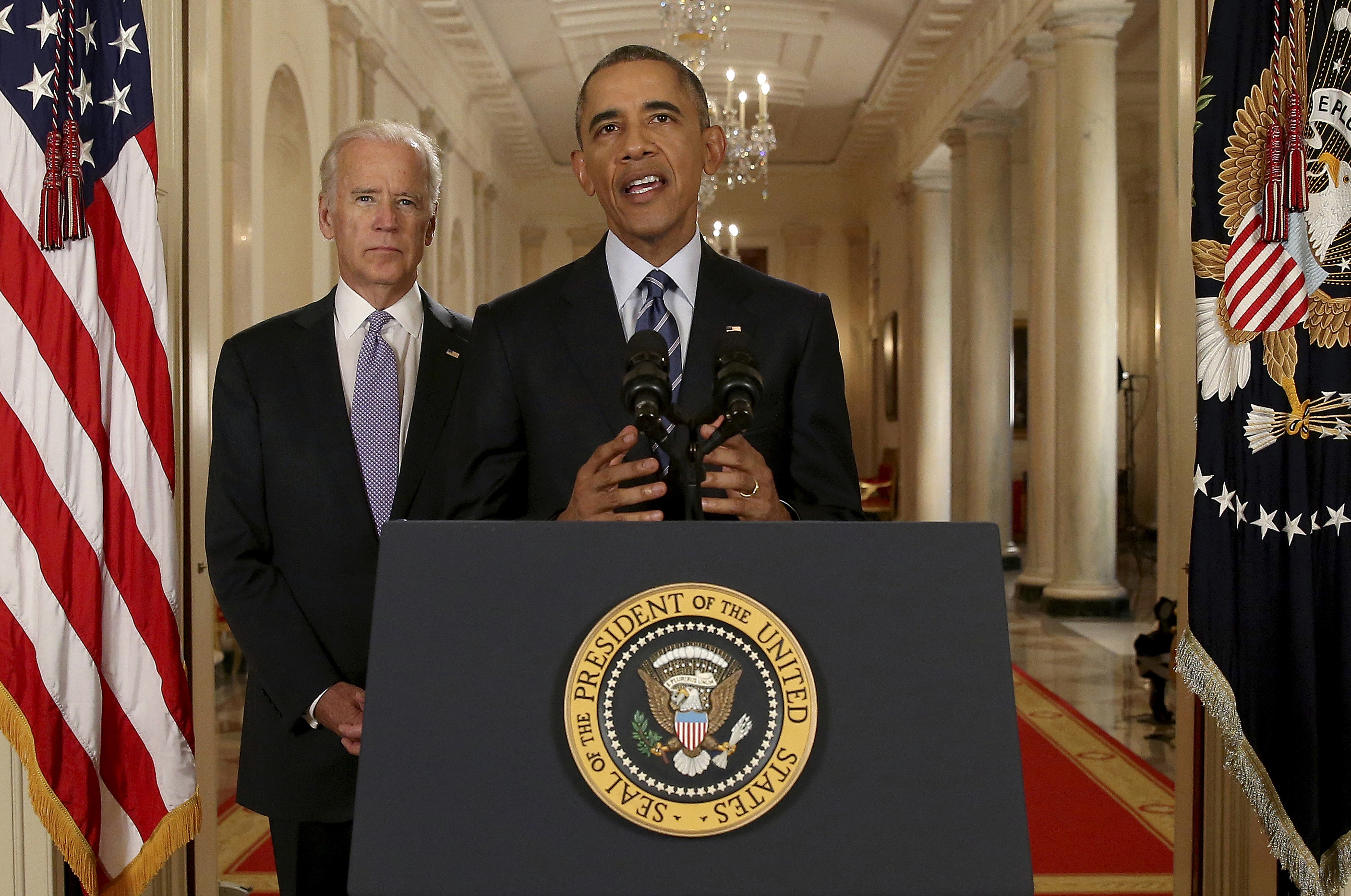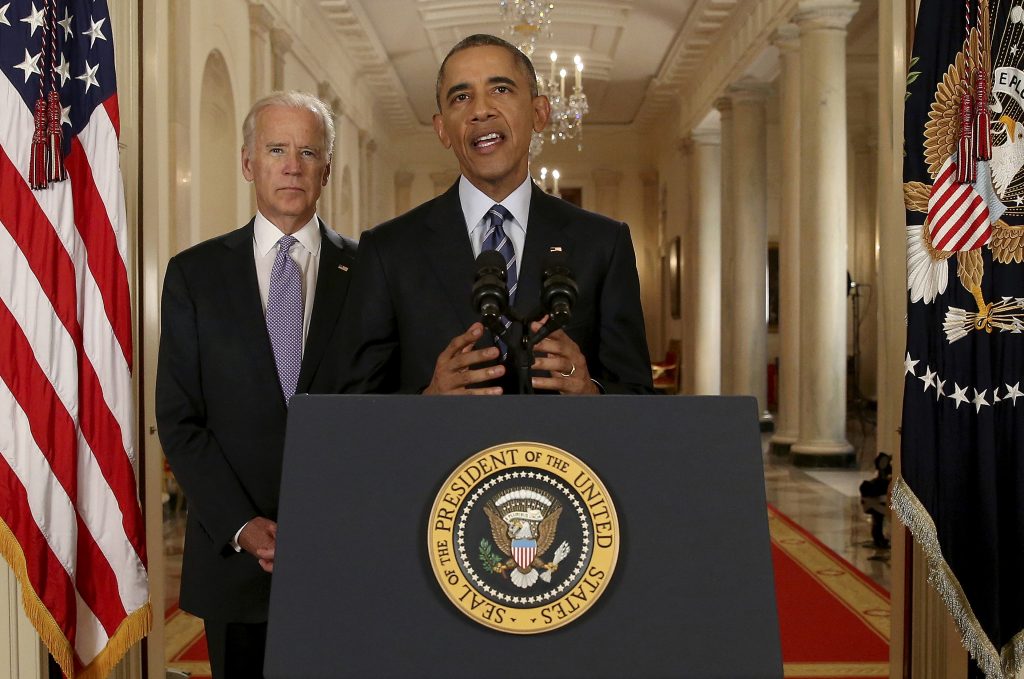 The nuclear deal reached July 14 between Iran and the so-called P5+1—the United States, the United Kingdom, France, Russia, China, and Germany—presents an opportunity for the Obama administration and its partners to address Iran’s support for Syria’s President Bashar al-Assad, writes Frederic C. Hof, a Senior Fellow with the Atlantic Council’s Rafik Hariri Center for the Middle East.
The nuclear deal reached July 14 between Iran and the so-called P5+1—the United States, the United Kingdom, France, Russia, China, and Germany—presents an opportunity for the Obama administration and its partners to address Iran’s support for Syria’s President Bashar al-Assad, writes Frederic C. Hof, a Senior Fellow with the Atlantic Council’s Rafik Hariri Center for the Middle East.
Hof writes:
One may see the nuclear agreement with Iran as the product of a faulty premise and still respect the industry of US Secretary of State John Kerry and his team in arriving at respectable terms consistent with that premise. One may see the prospect of a regionally aggressive Iran soon to be flush with cash as alarming and still—given the positions of Washington’s closest allies and the international community in general—counsel Congress to show solidarity with the commander-in-chief. What really matters at this point is that the United States and its partners pivot from their exclusive focus on closing the nuclear deal to address Iranian behavior that makes the battle against the so-called Islamic State (ISIL or ISIS) something between difficult and impossible. …
John Kerry, his European colleagues, and his skilled negotiating team (featuring Secretary of Energy Ernest Moniz, Under Secretary for Political Affairs Wendy Sherman, and NSC Staff Senior Director Rob Malley) deserve top marks for their persistence, patience, and remarkable professionalism. But now is the time for the United States to engage Tehran intensively as the administration considers concrete steps to protect civilians in Syria, thereby setting the stage for the defeat of ISIL. Regardless of what one thinks of the nuclear agreement or the premise underlying it, that which is of transcendent importance now is that Iran’s support of mass homicide in Syria be effectively countered by the United States, its allies, and its partners. The battle against ISIL depends on it.
Image: http://www.atlanticcouncil.org/blogs/new-atlanticist/eu-must-invest-in-its-newest-statesman-and-keep-him-honest
